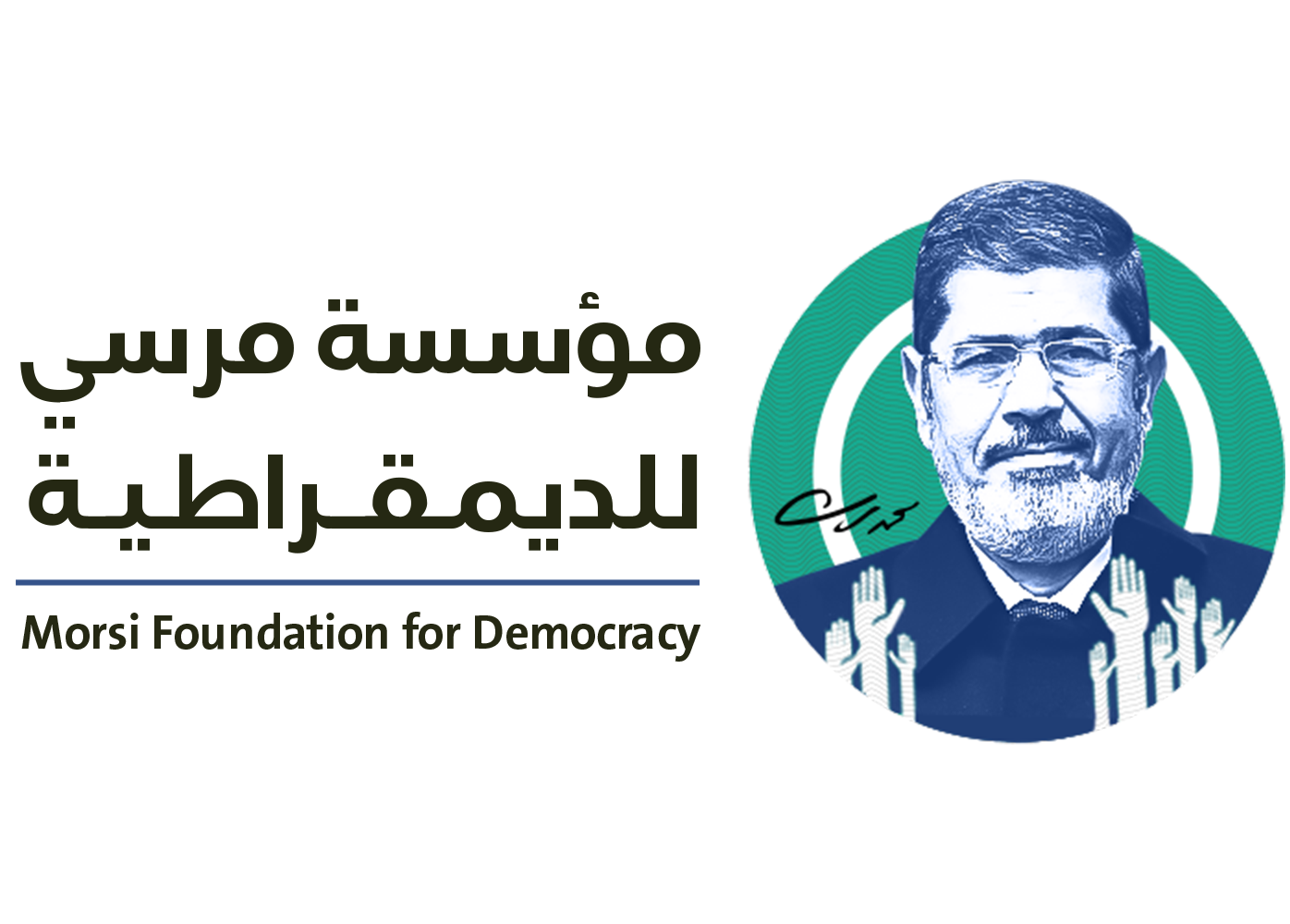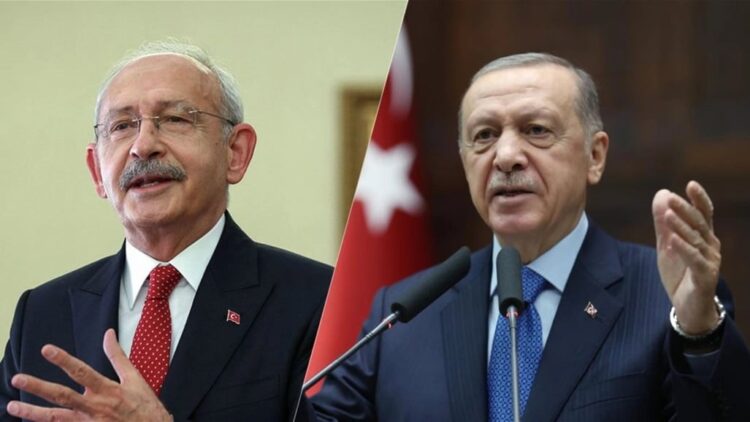After a highly competitive round of voting, none of the candidates for the Turkish presidential elections succeeded in obtaining the required percentage of decisiveness. What are the chances of the two contenders in the second round, based on their strengths?
Political controversy rages in Turkey ahead of a second round of exciting presidential elections that could mark a turning point in the country’s history. The two candidates began working to mobilize supporters and win over the hesitant, in an electoral race fueled by the economic situation and the refugee issue.
The current President Recep Tayyip Erdogan, who represents the Public’s Alliance, and Kemal Kilicdaroglu, representing the Opposition People’s Alliance, are competing in the run-off for the presidential elections.
Regarding the chances of winning, Ali Bakir, an expert on Turkish affairs and professor of international relations at the Ibn Khaldun Center at Qatar University, said that the candidates’ chances still exist, but in practice it seems that Erdogan’s chances are more than Kilicdaroglu’s, as victory in Parliament gives a morale boost to the president’s supporters, especially in the existence of Public’s coalition remained cohesive.
He stressed that the two parties will work to mobilize the public, especially after they were surprised by the failure to resolve the result in the first round, indicating that the opposition is trying to focus on Erdogan’s weaknesses, especially the refugee files and the economic reality of the current government so that it can win the largest number of votes.
Is Erdogan in trouble?
For his part, writer and political analyst Yusuf Kanli saw that the election results constituted a great disappointment, because it was expected that the difference between the two opponents would be large, indicating that Erdogan feels exaggerated confidence in the second round, while if he was unable to convince the voters to go To the polls, that could get him in trouble.
He also stressed that the bet is to arouse enthusiasm and support the voters, expecting Erdogan to win these elections because the majority of Parliament is from his party, which will make it easier for him to rule, but this does not mean that Kilicdar has no chances of winning, as explained by the researcher on Turkish affairs, Dr. Omar Korkmaz.
Regarding the fear of reluctance to vote, Dr. Korkmaz explained that voting for the Turkish citizen is related to a national matter, and therefore there will be no retreat from what was done in the first round, and he did not expect any decline at the popular level in the vote, considering that the result cannot be decided for Erdogan. But the first round showed his chances of winning more.
It is noteworthy that the required voter turnout in the elections is (50% + one vote), as President Erdogan narrowly approached the voter turnout (49.51%), while his rival Kilicdaroglu got (44.88%). The rest of the votes went to the third contestant, Sinan Ogan (5.17%), and Muharram Ince, who withdrew from the race (0.44%).
With this result, Turkey has a date on the 28th of this month, with a run-off to settle the presidential race between the candidate of the People’s Alliance, the current President Erdogan, and the candidate of the opposition People’s Alliance, Kilicdaroglu, as each of the competitors seeks, in the remaining few days, to run the run-off to hire Maximum their energies and try to avoid some mistakes and make more alliances and understandings in the hope of winning the presidential seat.



